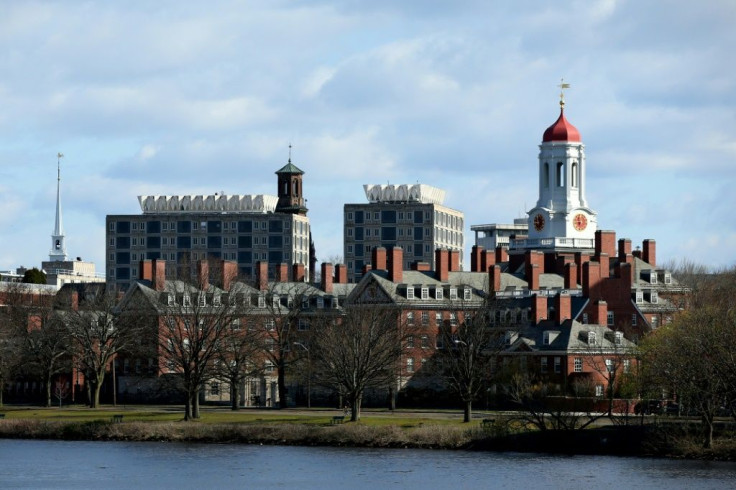Which Top Colleges And Universities Are Named In The Financial Aid Lawsuit?
Sixteen colleges and universities are named in a lawsuit brought by five former students that accuses the institutions of conspiring in a “price-fixing cartel” involving financial aid and admissions practices.
The class-action complaint targets Brown University, California Institute of Technology, University of Chicago, Columbia University, Cornell University, Dartmouth College, Duke University, Emory University, Georgetown University, Massachusetts Institute of Technology (MIT), Northwestern University, University of Notre Dame, University of Pennsylvania, Rice University, Vanderbilt University and Yale University.
The plaintiffs allege that “by their own admission,” the defendants together took part in a system “designed to reduce or eliminate financial aid as a locus of competition.”
The lawsuit claims that by involving themselves in this “cartel,” the defendants “artificially inflated the net price of attendance for students receiving financial aid.” According to the allegations, those who require financial aid to attend these institutions — among the top 25 in the U.S. News and World Report rankings for a considerable time — are attending at an inflated price because these schools “conspired to reduce the amount of financial aid” they give to these students.

According to the plaintiffs, these colleges and universities “have overcharged over 170,000 financial-aid recipients by at least hundreds of millions of dollars.” In the lawsuit, the plaintiffs also allege that antitrust laws related to the matter do not apply to the defendants under such circumstances.
Though admissions processes are supposed to adhere to “need-blind admissions policies,” that is often not the case in practice, and the lawsuit cites these 16 schools on that basis.
By not adhering to “need-blind admissions policies,” the defendants have also, according to the plaintiffs, determined the net price based on the higher socioeconomic status of those they admit to the schools. Thus, they artificially raise the price of college for potential applicants who require aid, the lawsuit alleges.
This, on top of the alleged conspiracy to reduce the amount of financial aid given to applicants, is why the lawsuit seeks to compensate students and those who assisted in paying for their attendance.
© Copyright IBTimes 2025. All rights reserved.






















